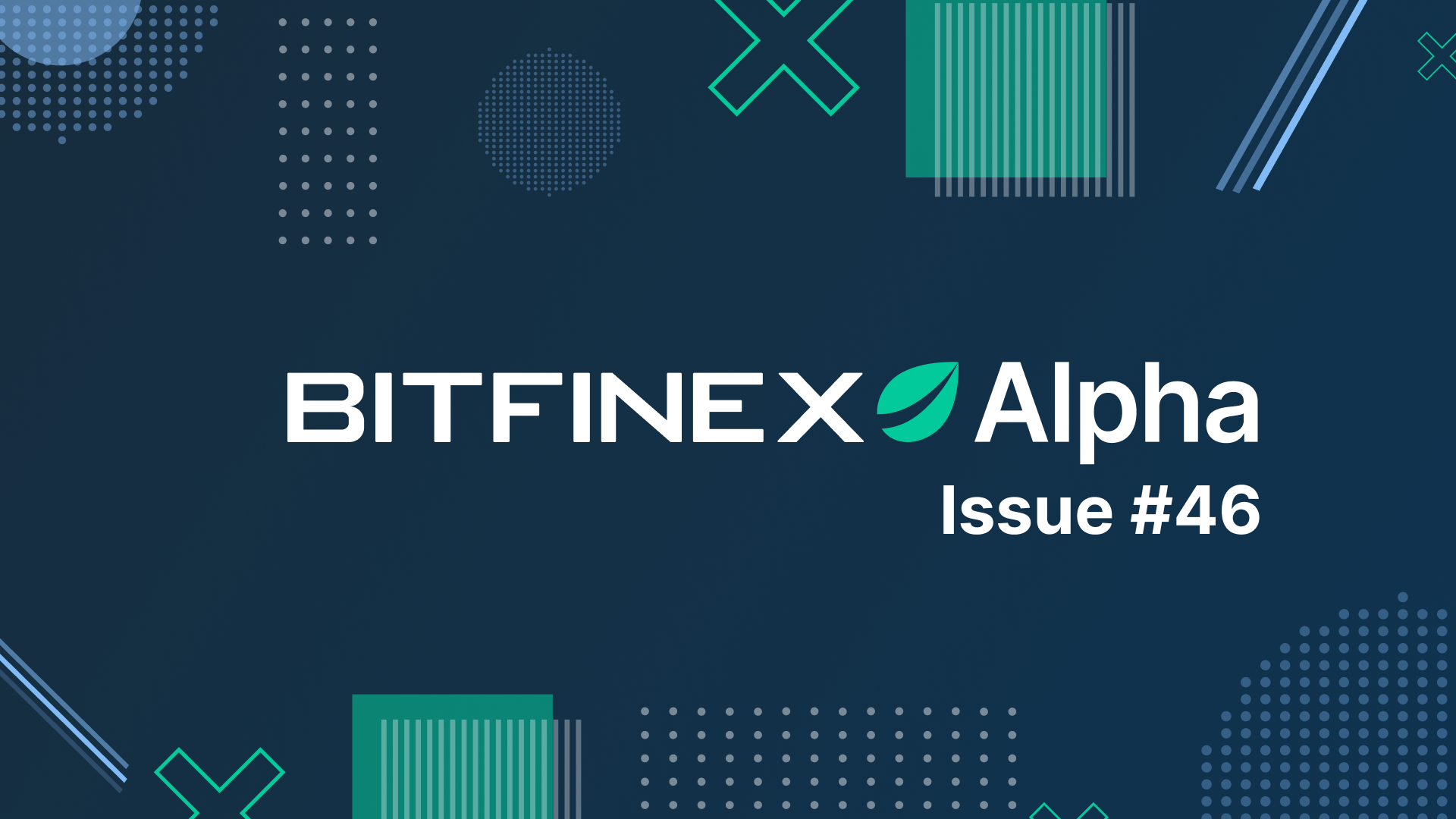
20 Mar Bitfinex Alpha | BTC on the Cusp of a Sustained Market Break Out while Fed Delicately Balances Policy Decisions
The US economy has consistently defied predictions of a broad-based recession and has demonstrated resilience in withstanding supply-chain stresses caused by lockdowns, global conflicts, labour shortages, and significant interest rate hikes. However, this resilience is now facing another test, as a banking crisis threatens the stability of the global financial system.
The recent stress that emerged in the market followed the collapse of Silicon Valley Bank on March 10, exposed cracks in existing US commercial bank policies. To prevent a potential financial meltdown, the Fed swiftly threw the larger banks and financial institutions a lifeline by rolling out a lending program that increased the loans to banks on its balance sheet by about $297 billion.
Unfortunately, fears regarding the health of the banking system have now spread from the US to Europe, leading to an abrupt loss of confidence in Credit Suisse, which is a systemically important global financial institution. Credit Suisse was able to secure $54 billion in liquidity to prevent its possible failure. However, eroding trust in the banking system remains an ongoing concern, and the bank has agreed a takeover, sponsored by the Swiss central bank, by its larger rival UBS.
This has complicated the Federal Reserve’s already difficult job of gradually slowing the economy to bring inflation under control. Recent data from the Bureau of Labor Statistics shows that despite moderating year-over-year headline inflation, prices continued to rise in February, particularly in the service sector.
Persistently high prices are also continuing to worry American consumers, as reflected in the University of Michigan’s Consumer Sentiment Index. The index is still far below its pre-pandemic levels, and it is expected to worsen in the next report, after factoring in the impact of the banking crisis.
Despite these concerns, crypto assets and particularly Bitcoin, have seen substantial price appreciation bolstered by central bank measures to restore financial stability. On March 19th, the price of Bitcoin reached a new high for the year, driven by a significant influx of spot buying, particularly by new market participants. Bitcoin non-zero balance wallets have spiked to almost 45 million, and the exponential moving average for new addresses is also demonstrating a sustained upward trend.
In the Bitcoin perpetual futures markets too, there has been little change in the funding rate, indicating that derivatives volume has stayed at normal levels during this period of price appreciation. This further supports our thesis that spot buying across wallet sizes is underpinning the market moves.
Ether (ETH) supply is also deflating at an increasing rate. If demand for Ether continues to grow, this would further increase Ethereum gas fees and eventually further accelerate its rate of deflation – a bullish scenario for Ethereum investors.
As the winds of change continue to blow through the crypto-sphere, firms in the space find themselves still grappling with the lingering aftermath of the 2022 Terra-Luna catastrophe, compounded by uncertainties in the macroeconomic environment. Circle cleared USDC backlogs amid fear of the stablecoin’s collapse; the Signature bank was forced to shut down by New York Regulators; and DeFiance Capital, after facing a set-back last year, closed its first funding round for its new $100 million liquid token fund.
In other news, the US Justice Department (DOJ) also announced it is investigating Jump Trading and Jane Street, two prominent trading firms, regarding a potential bailout plan that it decided not to execute for the collapsed TerraUSD (UST). The DOJ has also filed an appeal against the decision of the bankruptcy court judge to allow Binance.US to acquire the assets of crypto lender Voyager Digital. Anchorage Digital cut its workforce by 20 percent as it navigates through the uncertain regulatory environment in the US.; UBS agrees to buy Credit Suisse for more than $2 Billion to stop the banking crisis from spreading.
Happy Trading!



